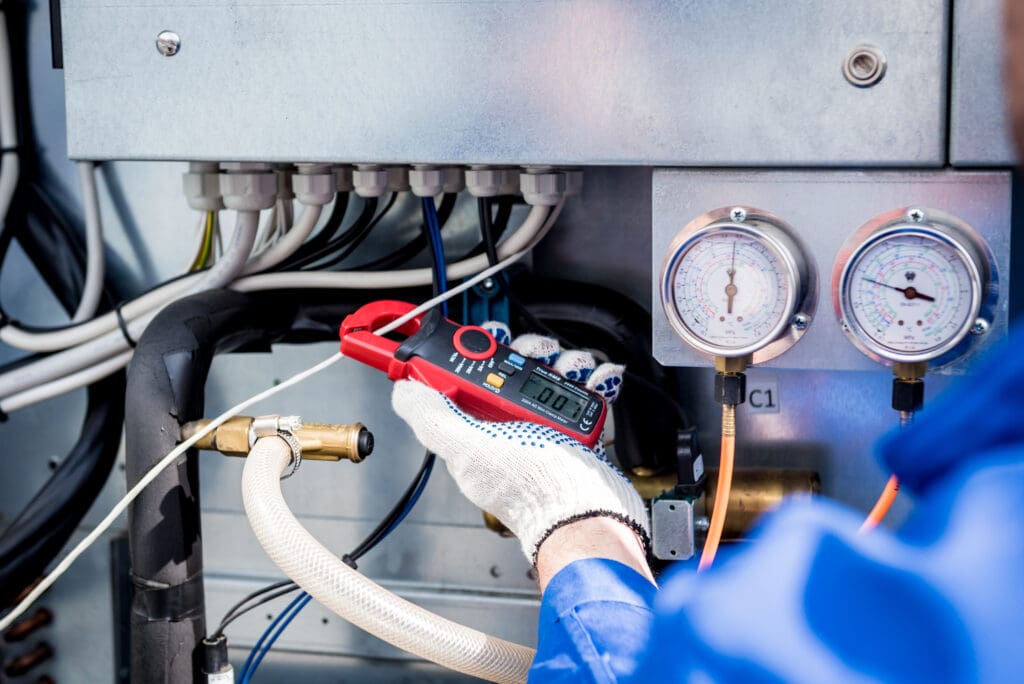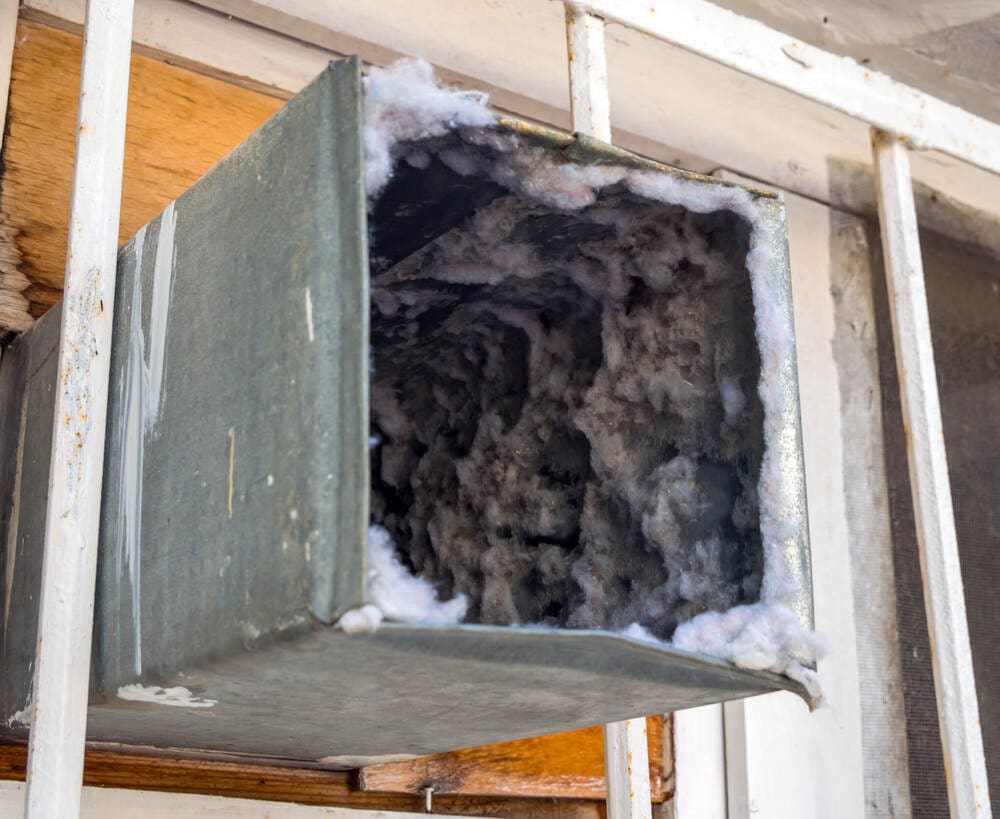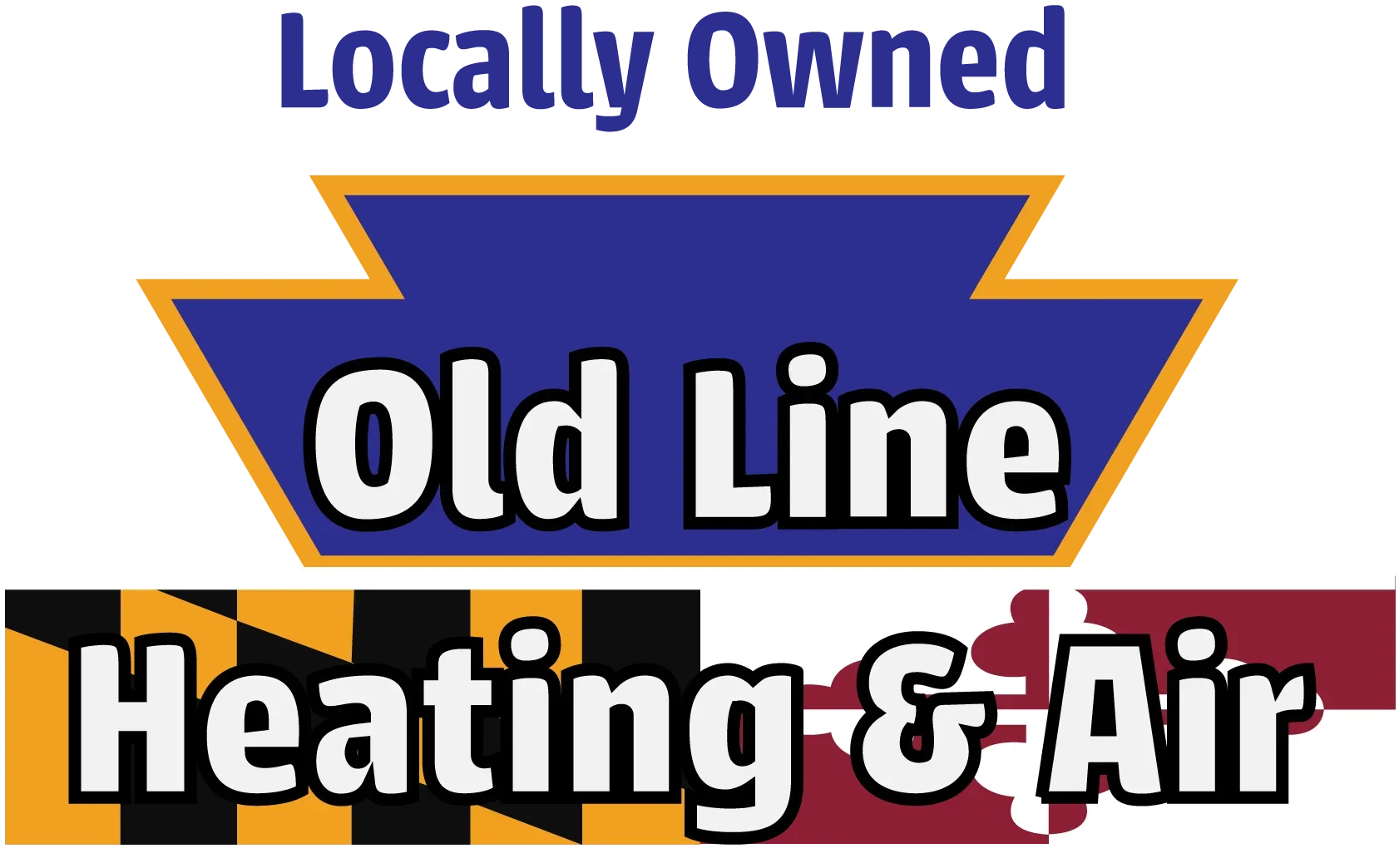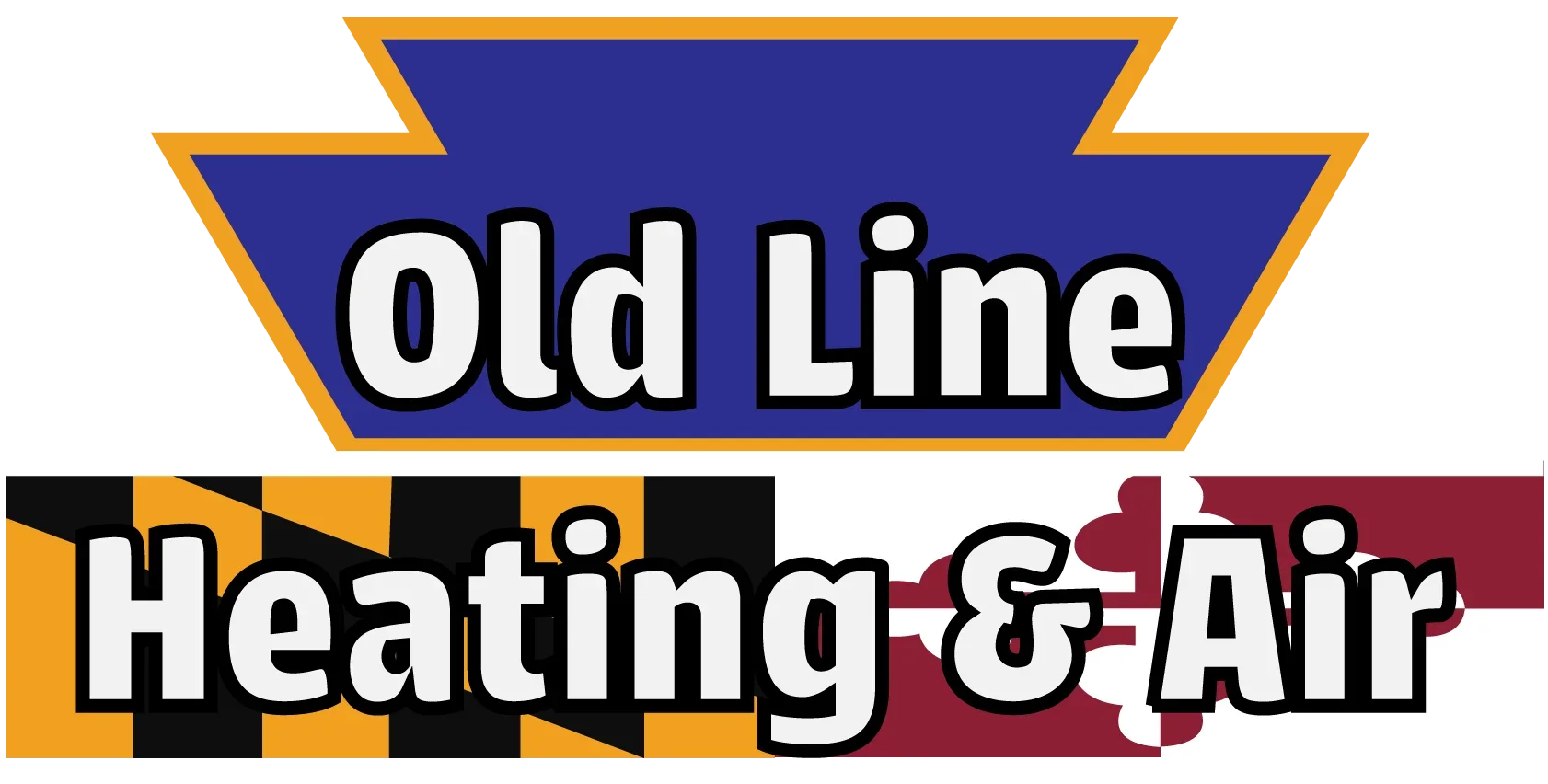
Regular HVAC Inspections Are Not Only Required, They’re A Good Idea
At Old Line Heating & Air, honesty and clarity stand at the core of every HVAC inspection we perform. Our experts dive deep into the health of the components of your HVAC systems. That includes your compressor, furnace, refrigeration, heat pumps, air ducts, and thermostats. We’re meticulous, ensuring every component functions well. When we explain our findings, we do so in clear, straightforward terms, helping you grasp the full picture of your system’s status.
But why are these inspections so essential? Beyond preventing minor glitches from escalating into major expenses, they play a big role in keeping your systems efficient. This not only saves you money on energy bills but it keeps your system running better for longer. Regular maintenance safeguards against hazards like gas leaks or electrical issues.
Using Old Line Heating & Air for your HVAC Inspection means investing in your peace of mind. Our HVAC inspectors can spot potential problems early. This prolongs the life of your equipment and protects its performance. Stay in compliance with Maryland and Pennsylvania laws while keeping your heating and cooling systems at their best.
A Thorough HVAC Inspection Can Help Save Money & Prevent Unexpected Problems
Cut Costs, Not Comfort: How HVAC Inspections Save You Money
Regular HVAC inspections can lower your energy bills by ensuring your system runs as efficiently as possible. A well-maintained unit uses less energy to heat or cool your home helping you save on your monthly utility bills. Inspectors can identify issues like leaky ductwork or inefficient components that, once fixed, can boost your system’s performance and reduce energy consumption.
Prevent Pricey Repairs with Proactive Inspections
An ounce of prevention is worth a pound of cure, especially when it comes to HVAC systems. Regular inspections can catch minor issues before they escalate into major, costly repairs. For example, replacing a worn belt during an inspection is far cheaper than repairing the damage it could cause if it breaks. This proactive approach to maintenance can save homeowners a significant amount of money over time.
Extend Your HVAC’s Lifespan and Protect Your Investment
Investing in regular HVAC inspections can extend the life of your system, ensuring you get the most out of your investment. By keeping the system in great condition, you avoid the premature wear and tear that leads to early replacement. Considering the high cost of installing a new HVAC system, extending your current system’s lifespan through regular inspections and maintenance offers substantial long-term savings.
Why Choose Old Line: A Cut Above in HVAC Inspections
At Old Line Heating & Air, our inspection process sets us apart. We don’t just perform a cursory glance. Our technicians use a comprehensive checklist that covers every component of your system, ensuring nothing is overlooked. Our team is trained to identify even the smallest signs of wear and tear, ensuring early intervention that can save you from future headaches. We use the latest diagnostic technology means we can detect issues that others might miss. Choosing Old Line means opting for peace of mind, knowing that your HVAC system is in capable hands.
Clogged Air Filters: A Hidden Culprit One of the most common issues uncovered during HVAC inspections is clogged air filters. These can significantly reduce air quality and system efficiency, leading to higher energy bills and undue strain on your HVAC unit. Regularly changing your air filters can prevent these problems, ensuring better air flow and a healthier living environment.
One of the most common issues uncovered during HVAC inspections is clogged air filters. These can significantly reduce air quality and system efficiency, leading to higher energy bills and undue strain on your HVAC unit. Regularly changing your air filters can prevent these problems, ensuring better air flow and a healthier living environment.
Leaky Ductwork: The Silent Efficiency Thief
Leaky ductwork can go unnoticed but has a substantial impact on HVAC efficiency and home comfort. Inspections often reveal cracks or disconnections in ductwork that allow conditioned air to escape, forcing your system to work harder to maintain temperatures. Sealing and insulating ducts can rectify this issue, enhancing comfort and efficiency.
Thermostat Malfunctions: Miscommunications Between Systems
Thermostat issues, whether due to faulty wiring, incorrect installation, or simple malfunctions, can lead to significant discomfort and inefficiency. An inspection can pinpoint these problems, ensuring your HVAC system and thermostat communicate correctly, keeping your home at a comfortable temperature more reliably and efficiently.
Refrigerant Leaks: A Tricky Problem with a Simple Sign
Refrigerant leaks are a less obvious problem that can severely affect your HVAC’s cooling abilities. Inspectors can identify signs of leaks, such as ice buildup on the coils or diminished cooling capacity. Addressing these leaks promptly can prevent more severe damage to the compressor and other components, saving considerable repair costs.
Learn About Our Process For HVAC Inspections
The HVAC Inspector starts with a visual inspection of all HVAC components, including the indoor and outdoor units, ductwork, thermostat, and filters. This step helps identify any obvious signs of wear, damage, or blockage.
The filter is examined for cleanliness and efficiency. Dirty filters are noted for replacement or cleaning, as they can significantly impact air quality and system performance.
The inspector checks the thermostat for accuracy and calibration. A properly functioning thermostat is crucial for maintaining comfortable temperatures and efficient energy use.
Refrigerant levels are verified to ensure they are within the correct specifications. Low levels may indicate a leak, which requires repair to prevent damage to the system and ensure optimal cooling performance.
Electrical connections and components are inspected for safety and function. Loose connections can be dangerous and may also affect the efficiency and lifespan of the HVAC system.
The ducts are inspected for leaks, blockages, or damage. Proper duct sealing and insulation can significantly improve system efficiency and home comfort.
Both the evaporator and condenser coils are checked for cleanliness and damage. Dirty coils can reduce the system’s ability to cool or heat and run efficiently.
Safety controls are tested to make sure they are functioning correctly. This step is essential for preventing dangerous operating conditions.
Finally, the system is run to test its operation. This includes checking the heating, cooling, and ventilation functions for proper performance.
Frequently Asked Questions About HVAC Inspection
Regular HVAC inspections can save you money by ensuring your system runs as efficiently as possible, reducing your energy bills. They also improve your indoor air quality, extend the life of your HVAC system, and help avoid unexpected breakdowns and expensive repairs.
While homeowners can do basic maintenance, like changing filters and cleaning around units, a professional HVAC inspection requires technical knowledge, skills, and tools that most homeowners do not possess. It’s best to have these inspections done by a certified HVAC technician.
An HVAC inspection typically includes checking the system’s thermostat settings, electrical connections, refrigerant levels, and filters. The technician also inspects the condenser and evaporator coils, tests the system’s safety features, and examines the ductwork for leaks or blockages. The goal is to ensure every component is functioning correctly and efficiently.
It’s generally recommended that your HVAC system be inspected at least once a year. However, for systems that provide both heating and cooling, consider inspections twice a year—once in the spring before the cooling season and once in the fall before the heating season.
An HVAC inspection involves a professional technician examining your heating, ventilation, and air conditioning system to ensure it’s operating efficiently, safely, and effectively. These inspections are crucial for maintaining indoor air quality, prolonging the lifespan of your system, and identifying minor issues before they turn into costly repairs.
Some inspections are also required by Maryland Law.




